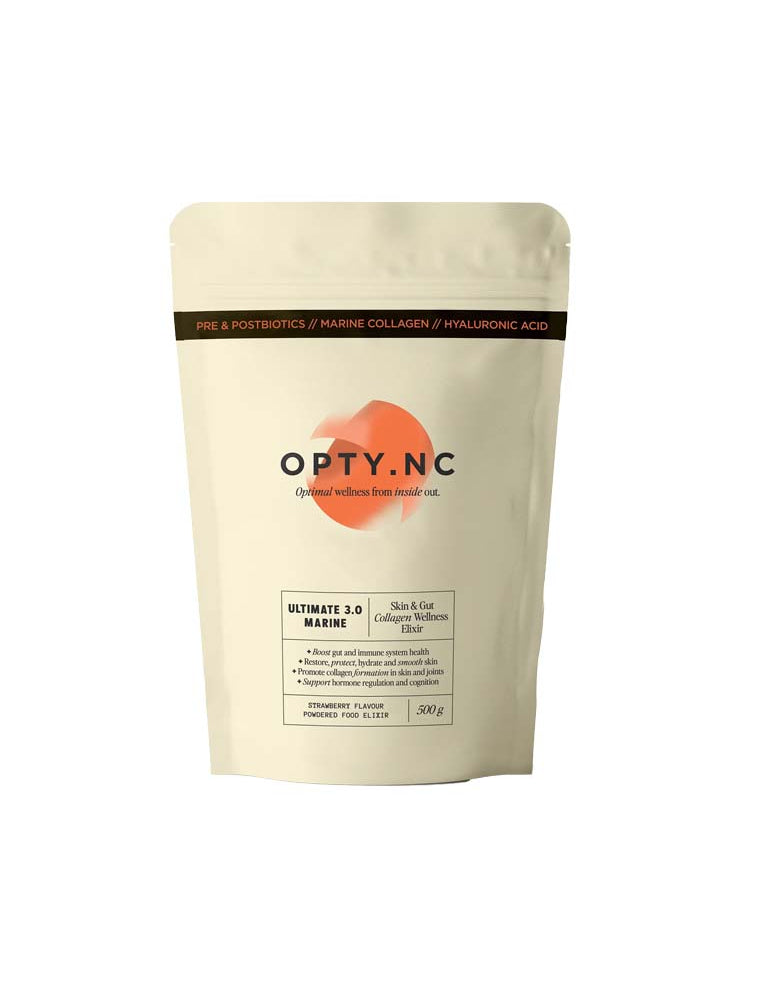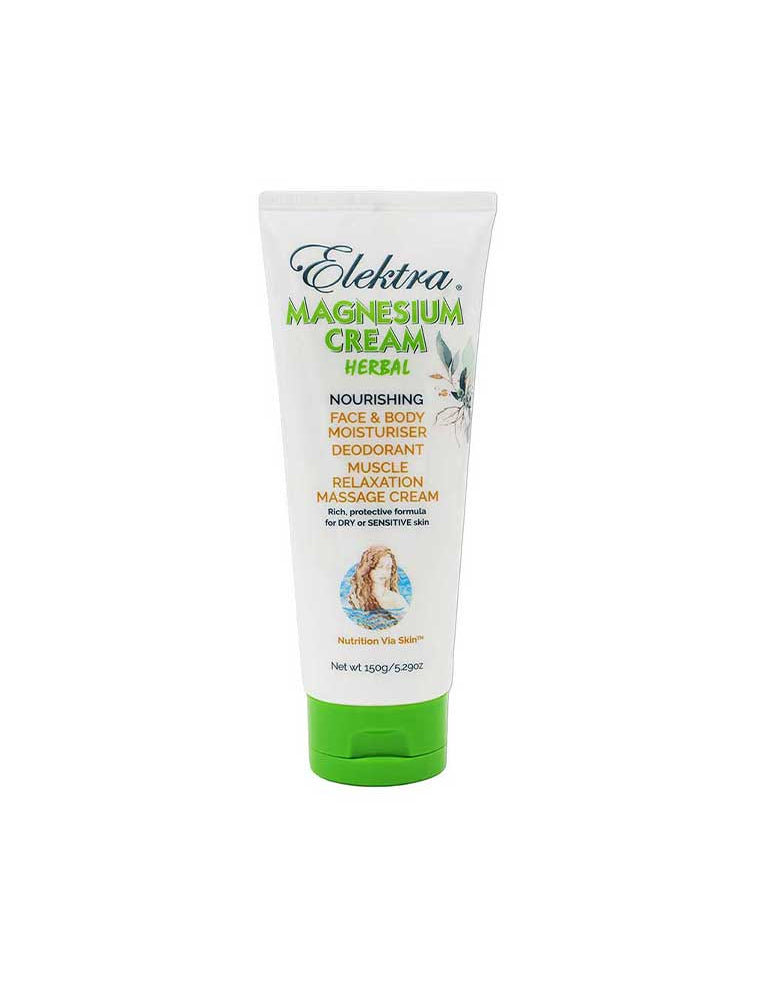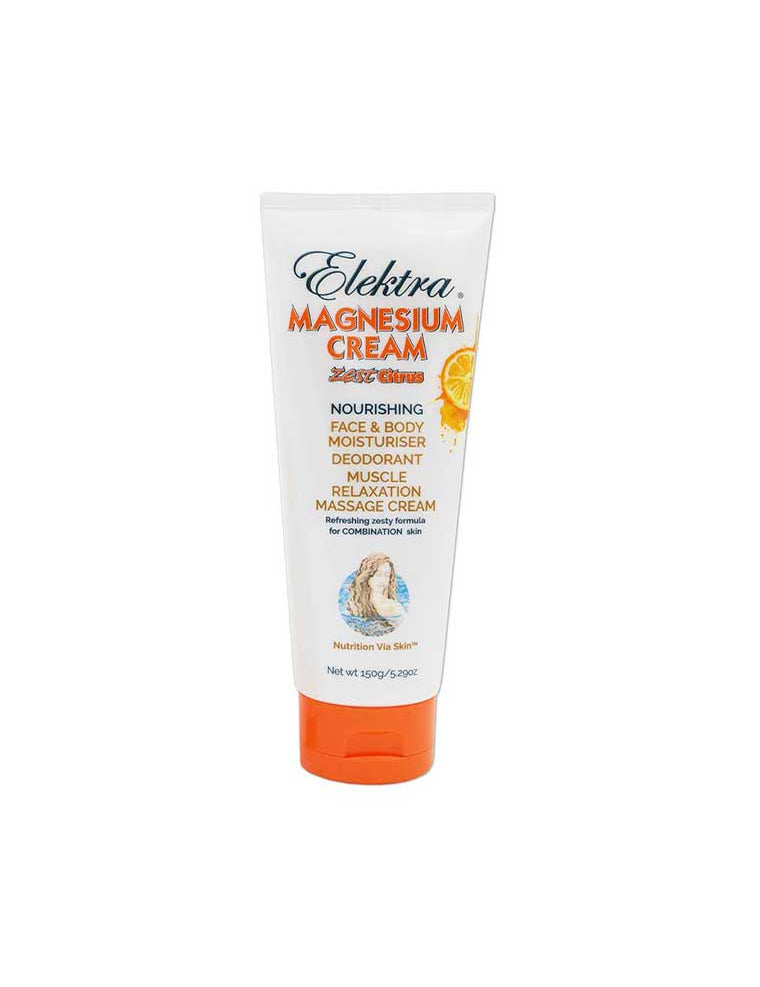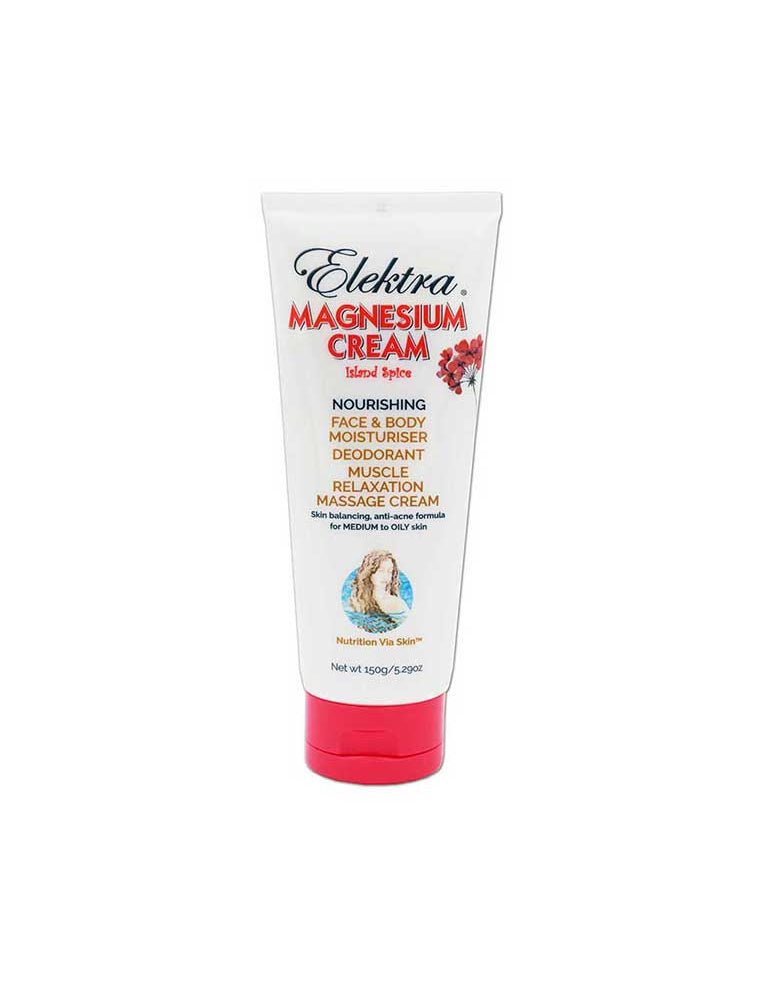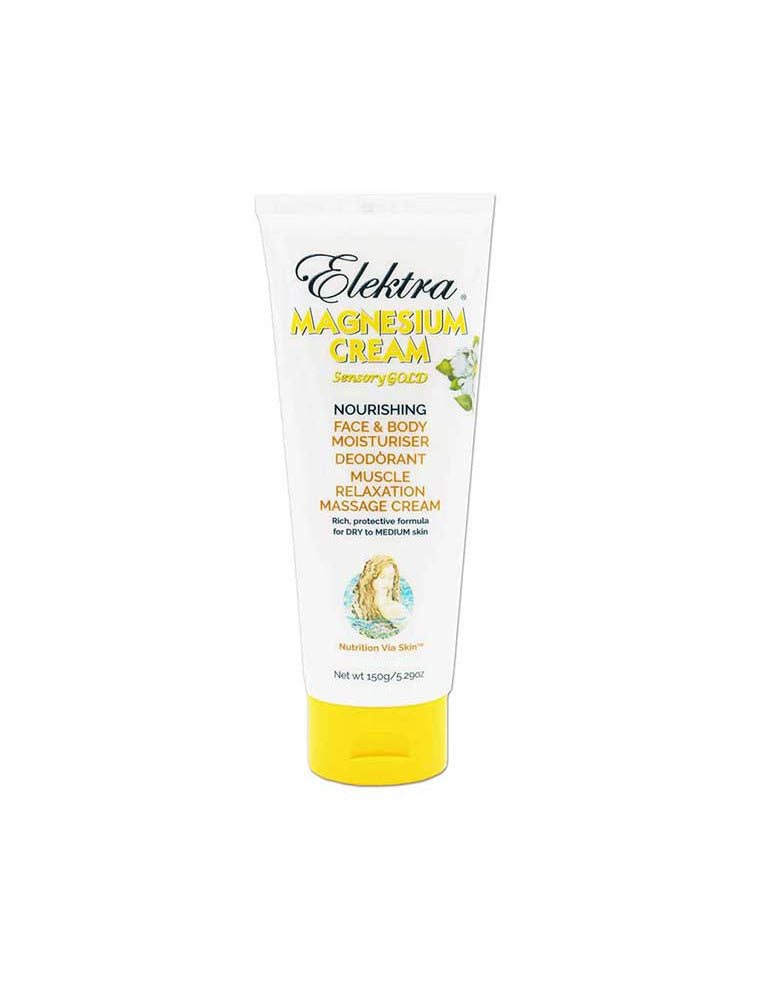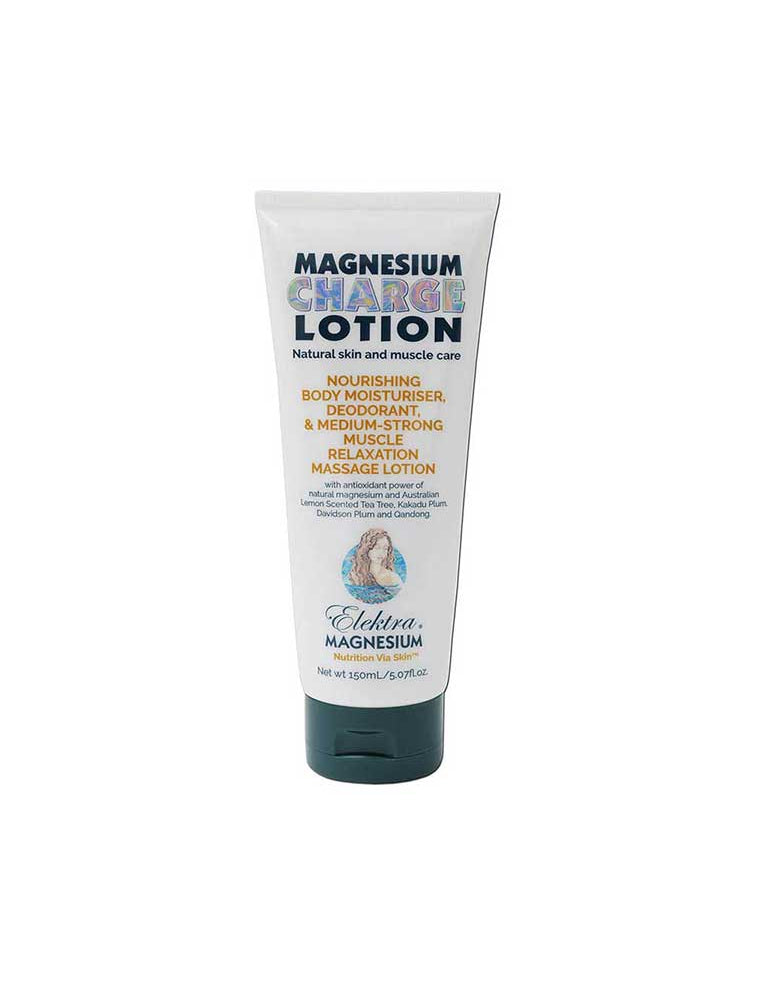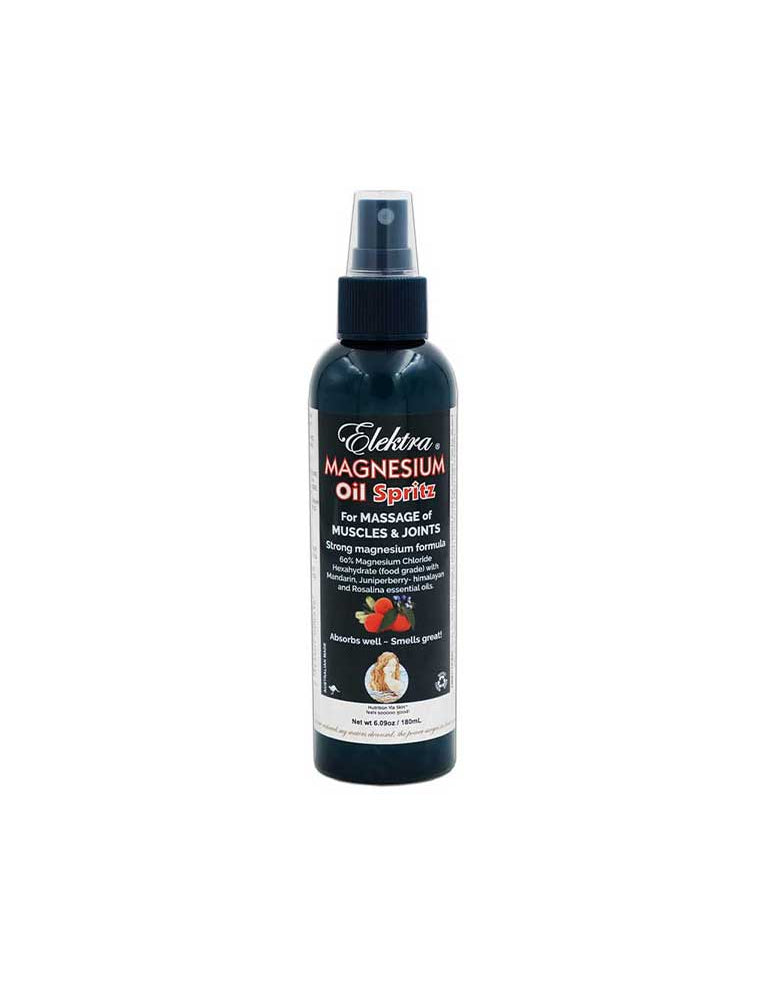
Joint Support: Your Questions Answered
Discover natural approaches to supporting joint health, comfort, and mobility through nutrition and lifestyle.
Popular Q&As for Joint Support
1. What are common supplements for joint health and mobility?
Ingredients like Glucosamine, Chondroitin, Collagen, Turmeric (Curcumin), and Omega-3 fatty acids are commonly used to support joint health, cartilage, and mobility. Glucosamine and Chondroitin are natural compounds found in cartilage that help maintain joint structure and function by supporting cushioning between joints. Type II Collagen provides the building blocks for cartilage regeneration, while Turmeric's active component Curcumin helps manage the inflammatory response that can affect joint comfort. Omega-3 fatty acids from fish oil or algal sources help modulate inflammatory pathways throughout the body, supporting not just joints but overall inflammatory balance. Other beneficial ingredients include MSM (methylsulfonylmethane) which provides bioavailable sulphur for joint tissue, and Boswellia serrata which has been used traditionally for joint mobility.
2. What is Rose-Hip Vital and how does it support joint health?
Rose-Hip Vital with GOPO is a plant-based supplement made from a specific variety of rosehips that have been processed using patented extraction and drying methods to preserve their active compounds. The key component in Rose-Hip Vital is GOPO, a galactolipid that has been studied for its ability to support normal inflammatory responses in the body. Rose-Hip Vital is rich in natural vitamin C and contains various antioxidants that may help neutralise free radicals. What makes this supplement unique is its specialised manufacturing process, which isolates and activates the GOPO compound that supports joint health. The natural compounds in rosehips have been traditionally used to maintain joint comfort, mobility, and cartilage health.
3. How does Collagen support joint health?
Collagen is a key protein component of cartilage, tendons, and ligaments, essentially forming the structural framework that allows joints to function smoothly. As we age, our natural collagen production declines, potentially contributing to joint stiffness and reduced mobility. Supplementing with specific types of collagen peptides, particularly Type II collagen for joints, provides the body with the precise amino acid building blocks needed for cartilage maintenance and repair. Hydrolysed collagen peptides are broken down into smaller, more bioavailable units that can be readily absorbed and utilised by joint tissues. Research suggests these peptides may stimulate chondrocytes (cartilage cells) to produce new collagen and other structural components of cartilage. Some studies indicate that consistent collagen supplementation may help support joint comfort, mobility, and cartilage health, particularly when combined with supportive nutrients like vitamin C which is essential for collagen synthesis.
4. How is Turmeric effective for joint support?
Turmeric contains curcumin, a compound with properties that have been extensively studied for joint health. This golden spice works by supporting normal inflammatory responses in the body, potentially contributing to joint comfort and mobility associated with everyday movement and exercise. The challenge with turmeric lies in its naturally poor absorption - curcumin alone is not readily taken up by the body. Quality supplements address this through various technologies: combining it with black pepper extract (piperine) which can enhance absorption significantly, using liposomal delivery systems, or creating water-dispersible formulations. When properly formulated for bioavailability, turmeric supplements may complement other joint-supporting practices as part of a comprehensive approach to maintaining joint health.
5. What lifestyle factors support healthy joints?
Maintaining a healthy weight, engaging in regular low-impact exercise (like swimming or cycling), stretching, and eating a nutrient-rich diet that includes plenty of fruits, vegetables, and omega-3s all contribute to joint health. Regular movement keeps joints lubricated and strengthens the supporting muscles that help absorb impact and maintain proper alignment. Stretching and mobility work improve range of motion and can help maintain joint flexibility. From a nutritional perspective, emphasising colourful produce, healthy fats, and adequate protein provides the building blocks for joint tissues. Proper hydration is also essential, as cartilage is approximately 80% water and depends on adequate fluid for cushioning. Quality sleep is another important factor, as it's during deep sleep phases that the body conducts much of its repair and regeneration work, including maintaining joint tissues.
When considering any new diet, vitamins or supplements it is important to seek advice from your healthcare professional. ALWAYS READ THE LABEL AND FOLLOW THE DIRECTIONS FOR USE.

Earn Juicy Rewards
Login to earn Juicy Rewards on every order.






